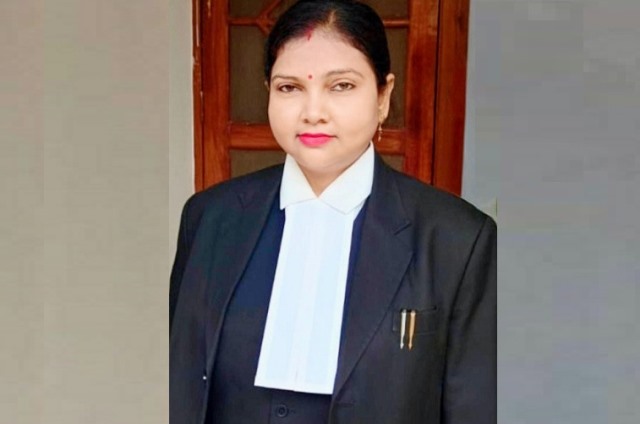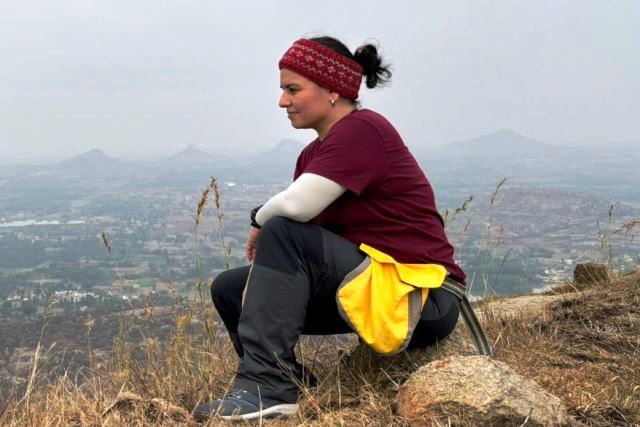Arti Trpiathi, a lawyer at the district family court in Lucknow, says Nikki Bhati’s death will be talked about for a while and then be erased from public memory. Her views:
As per the recent updates on the incidents, there are various theories and evidence making rounds on all the forums supporting and alleging both the deceased and the accused. While the father of Nikki stands firm on his allegations that she was murdered for dowry, there are also substantial videos and evidences supporting, in a way, that her husband Vipin Bhati was not present at the spot where she allegedly torched herself or was burnt by her husband and her in laws.
Whatever be the case, the fact remains that dowry is still deeply ingrained in the roots of Indian society like poison and the tradition that started in the name of “supporting a daughter” has now become a weapon of greed and oppression. While Nikki became yet another victim of the social ‘cancer’ of dowry and along with her in-laws, her parents and society are also responsible for sending their daughter to her in-laws’ house despite repeated allegations if harassment was a big mistake.
As we go by our heritage, dowry is still an old age tradition especially in south Asia and it has been increasing with the economic upgradation of the families. Though the practice has been illegal in India since 1961, the increasing prosperity is reflected in every class of the society by the spending in marriages.
It is also a fact that most of the marriages are still arranged by the families of the bride and groom and the divorce rate is less than 1 percent in the country, there is a rapid increase in the cases of deaths related to dowry in the recent past.
ALSO READ: ‘Fight Against Dowry Won’t Start In Court; It Will Begin From Home’
Though the Nikki Bhati case has yet shaken the entire society, It is still not just the untimely death of a young girl, but the tragedy of the mentality that is still keeping the evil practice of dowry alive in 21st century India. If we go into the legality of the evil, sections 304-B and 498-A of the Indian Penal Code (IPC) had sufficient provisions which have now been incorporated in the new law Bhartiya Nyay Sankhita (BNS), 2023 by making its section 113 – “Dowry Death”.
Call it a “failure of law or society” but the NCRB statistics are shocking according to which on an average 6,500+ women fall victim to dowry deaths every year .That means about 18 deaths occur every day due to dowry-related violence and these figures are of the cases that are reported, meaning they are only a fraction of the actual incidents.
Despite education, modernity and laws, why do dowry deaths not stop? Why are daughters still forced to pay the “price”? And why do parents race against their social and monetary standings to arrange dowry instead of focusing on their daughters’ education and self-reliance?
The dream of creating an educated, independent and modern India is incomplete due to evil practices like dowry. Today, dowry has not only become a “social pressure” but also a part of the “competition of prestige and display”. Nikki Bhati’s death forces us not to shy away from these questions, but to confront them head on.
As told to Rajat Rai

